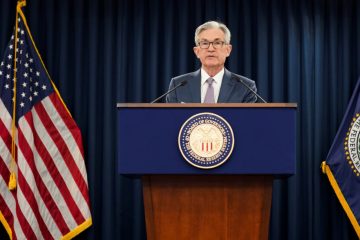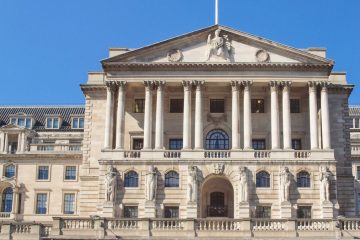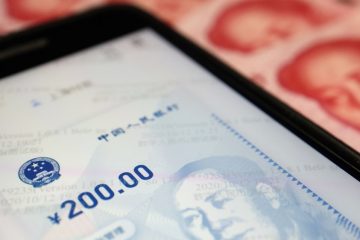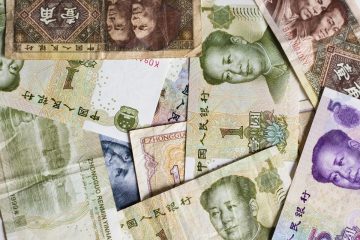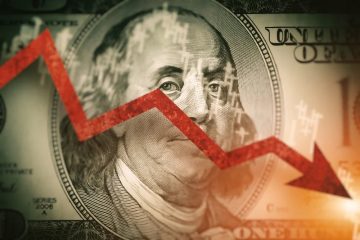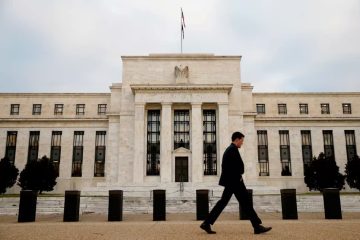Dollar set for bruising week after ECB and BOE get more hawkish
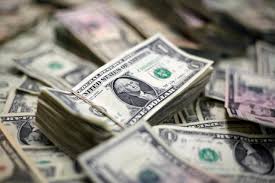
The dollar index was heading for its worst week in nearly two years on Friday as the euro held firm at a three-week high and sterling gained after hawkish shifts from the European Central Bank and the Bank of England.
The index, which measures the greenback against six major peers was at a three-week low of 95.271, having tumbled 2% this week – its biggest such fall since March 2020.
That follows sharp gains for the dollar last week as traders rejigged positions preparing for faster Federal Reserve rate hikes than had been previously expected, with about five hikes this year now being factored in.
“On the face of it, both the (Bank of England) and ECB met market expectations with BoE raising rates 25bps to 0.50% and ECB keeping policy unchanged. However, both meetings unveiled substantial hawkish shifts,” said Westpac analysts in a note.
The euro was at $1.1452, its highest since Jan. 14, after ECB president Christine Lagarde acknowledged mounting inflation risks and declined to repeat previous guidance that an interest rate increase this year was extremely unlikely.
This marked a sharp turnaround for what had been one of the world’s most dovish central banks.
“It’s not unreasonable to conclude that the peak of the Fed-ECB policy divergence is past us,” said ING analysts, adding that since the different policy stances of the two central banks had been driving market moves it was possible that last week’s low for the euro marked its bottom in this cycle.
Sterling was at $1.3604 having risen to a two-week top of $1.6326 on Thursday. In addition to the BoE’s 25 basis points rate hike, nearly half of its policymakers wanted a bigger increase to contain rampant inflation.
The Aussie dollar was at $0.7143, unaffected by a statement from the Reserve Bank of Australia which sharply revised up its outlook for inflation though said it was content to keep policy super loose as it seeks a lasting recovery in wages and living standards.
The yen was at 114.98 per dollar, as the yield on benchmark 10- and five-year Japanese government bonds climbed to six-year highs in early Tokyo trading, with analysts starting to speculate that even the Bank of Japan might have to follow peers and tighten monetary policy.
U.S. non-farm payroll data is due later Friday, but the data won’t be as crucial for the Fed as in the past, as the focus is more on inflation rather than full employment.


